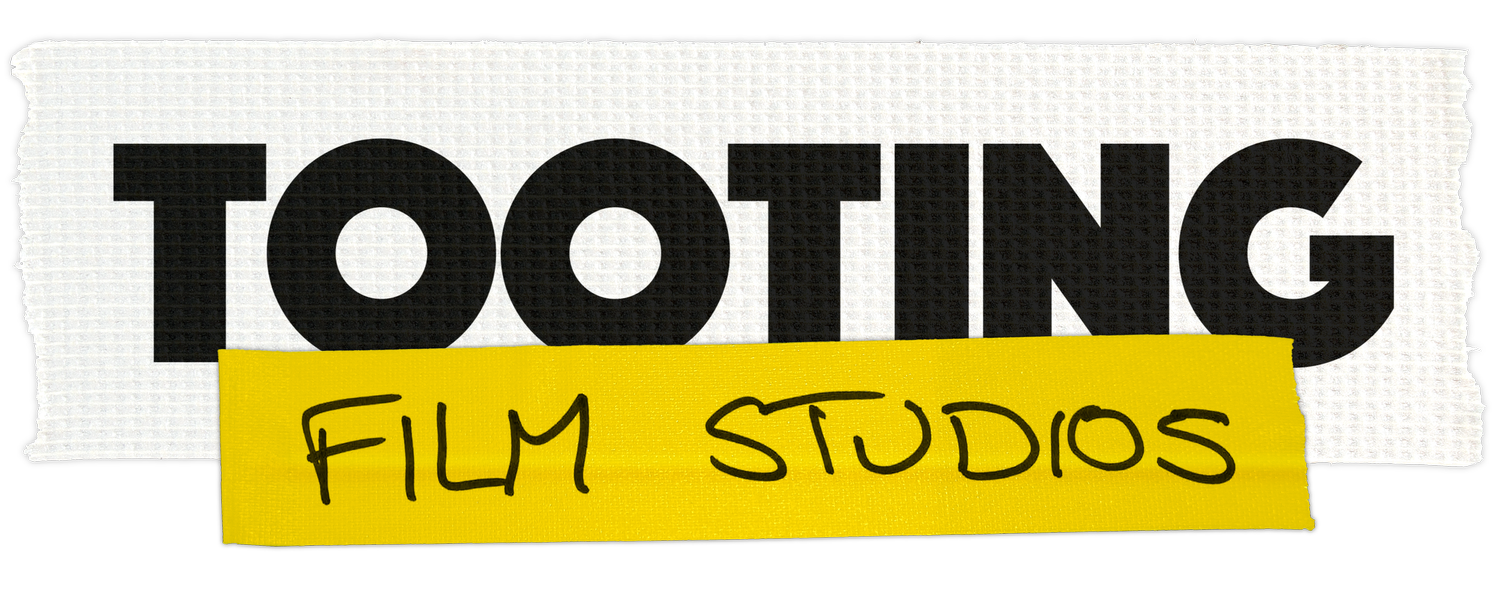Why a studio recce is important
We value reconnaissance efforts; they constitute a crucial step that establishes the groundwork for a successful shoot.
This article delves into the advantages of conducting a studio recce and explores the essential elements to be mindful of during a standard recce.
BENEFITS OF STUDIO RECCE
TIME AND COST SAVINGS
A primary advantage of a studio recce is its potential to save time and money in the long run. By surveying a location before the shoot commences, filmmakers can pinpoint potential issues such as lighting constraints, sound limitations, or spatial restrictions, addressing them proactively. For example, if a specific lighting or camera setup is necessary, the recce team can assess available resources and make necessary arrangements to prevent delays during the shoot.
BUILDING A RELATIONSHIP WITH THE LOCATION MANAGER
Another perk of a studio recce lies in fostering a positive relationship with the Studio Manager (in our case, Jack). The recce team can engage in discussions with the location manager beforehand, collaboratively working on solutions that benefit both parties. Furthermore, film industry professionals who respect location requirements are more likely to be welcomed back in the future.
CHOOSING OPTIMAL SHOOTING LOCATIONS
During a recce, filmmakers can explore various locations and select the ones that best align with their story's needs. For instance, if a scene demands a specific architectural style, the recce team can scout different buildings to find the most suitable match for the story.
EARLY IDENTIFICATION OF LIGHTING AND SOUND CHALLENGES
Lighting and sound are pivotal to any production's success. A recce team can assess available resources and plan ahead to address any potential issues during filming. For instance, identifying sound restrictions in advance allows filmmakers to plan accordingly, ensuring uncompromised audio quality.
WHAT TO LOOK FOR IN A STUDIO RECCE
STUDIO SPACE
When inspecting a studio space, the size is a primary consideration. The studio should be spacious enough to accommodate all necessary equipment, cast, and crew without feeling cluttered. A roomy studio space facilitates smoother camera and lighting setups, reducing errors and enhancing overall efficiency.
ACCESSIBILITY AND PARKING
Filmmaking involves substantial equipment, making accessibility and parking crucial. The studio should be conveniently located and offer ample parking for the cast, crew, and equipment.
TECHNICAL REQUIREMENTS
Technical aspects such as power needs, sound restrictions, and lighting should be evaluated during a recce. Ensuring the studio can provide a stable power supply and assessing sound capabilities help prevent disruptions during filming.
SURROUNDING ENVIRONMENT
Evaluating the surroundings is crucial to ensuring they align with the director's vision. Confirm that the area complements the storyboard's look and feel, maintaining audience immersion.
CONCLUSION
In summary, the studio recce process is integral to the pre-production phase of filmmaking. It saves time, enhances planning, and establishes the foundation for a successful shoot. By selecting the right location and considering technical, environmental, and logistical aspects, a recce team ensures a seamless film production process.
